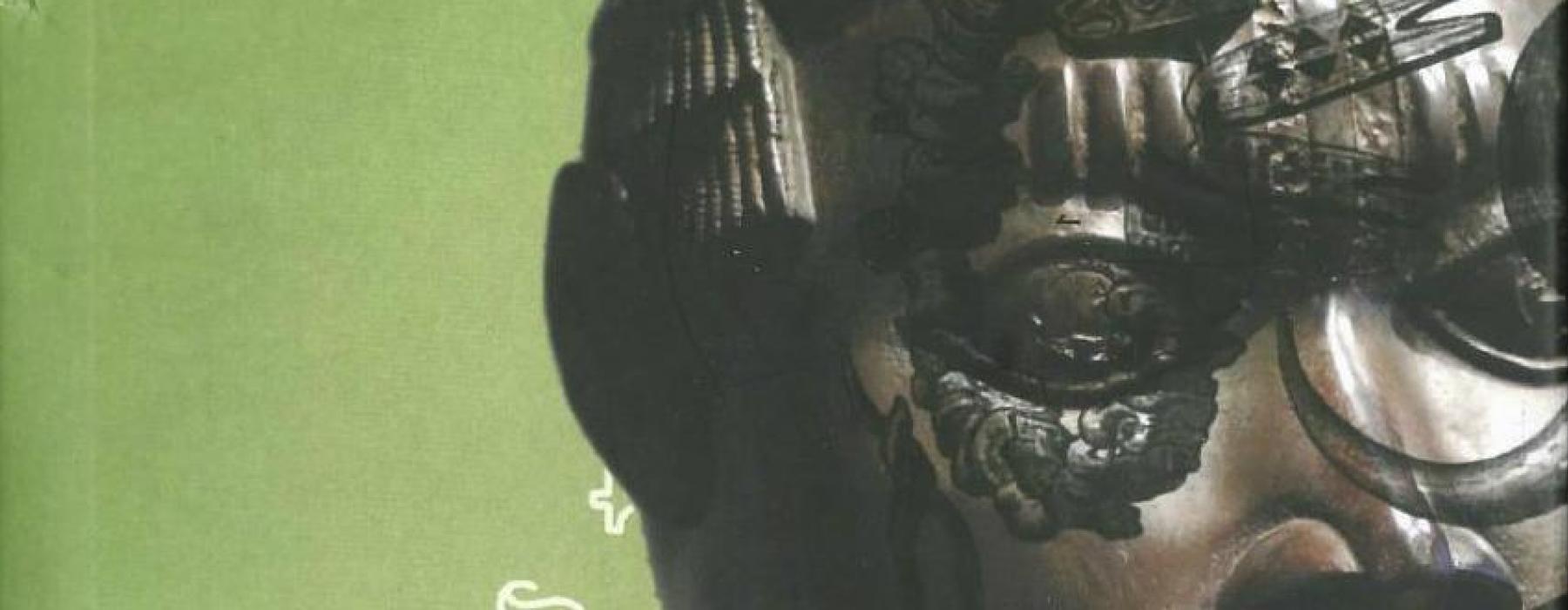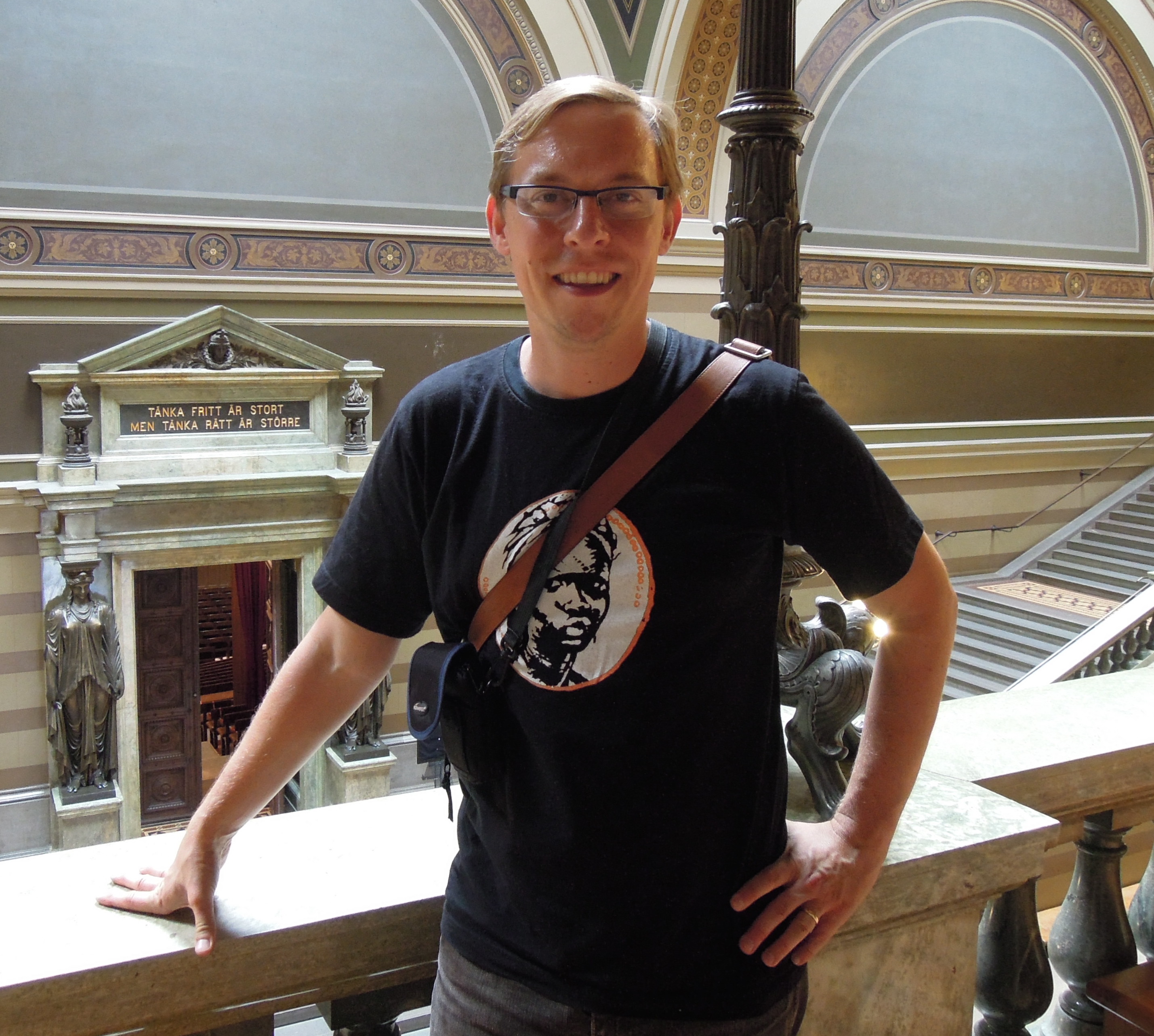
In our efforts at the Nationaal Museum van Wereldculturen to better honor and listen to the lives the ‘objects’ in our museums have led and wish to lead, we hope to better think more reciprocally in relationship to these objects and the communities invested in their being. We are compelled by Diagne’s work to think more deeply about the histories, afterlives, and temporalities in which our objects exist. How might we allow the objects to speak better from themselves, for themselves, while all the while honoring the complex positionalities of those who are enjoined to engage these objects? We understand those persons who are called upon to better honor the objects to be: those living in the places where the objects were obtained (gifted, seized, stolen); those who relate to African art from diasporic sensibilities; and those who are implicated by a colonial past as perpetrator and/or who benefit from systems of privilege, as per Michael Rothberg. Together, in Relation, and even thanks to the tensions implied by Glissantian Opacity, we hope to better be responsible to our work and engagement as professionals and visitors to our ethnographic museums.

